Этический аудит (EA)
Стандарты этического аудита
Для современного бизнеса этика цепочки поставок более не является добавочным инструментом PR, позволяющим "повысить себе настроение". В наши дни потребители, правительства и общественные организации оказывают все увеличивающееся давление на бренды и на розничную торговлю, требуя обеспечить прозрачность на всем протяжении цепочки поставок. Социальная ответственность — это важный элемент стратегии закупок и маркетинга компании, помогающий обеспечить более высокое качество продукта, развить потребительскую лояльность и подчеркнуть корпоративную культуру.
QIMA предлагает всеобъемлющие программы этического аудита, которые могут проводиться на основе международных стандартов, внутренних требований вашей компании или нашего собственного протокола Best-In-Class.
Все программы этического аудита QIMA включают в себя следующие аспекты:
- Гигиена, здоровье и безопасность
- Управление отходами
- Детский и юношеский труд
- Трудовые практики, в том числе принудительный труд, представительство трудящихся, дисциплинарные практики и дискриминация.
- Часы работы и оплата труда
Протоколы этического аудита, специфические для клиента
Если ваша компания уже имеет программу социальной ответственности, QIMA может адаптировать свои программы этического аудита к вашим нуждам, чтобы гарантировать соответствие поставщика вашим специфическим требованиям.
Этический аудит по международным стандартам
Наши профессиональные сертифицированные аудиторы могут проводить этические аудиты в соответствии с большинством международно признанных стандартов социального аудита, в том числе:
- SMETA (Sedex)
- BSCI
- ETI (ILO)
- Совет по ответственной практике в ювелирном бизнесе (RJC)
- Initiative for Compliance and Sustainability (ICS)
- Higg Facility Social & Labor Module (FSLM)
- WRAP (Worldwide Responsible Accredited Production)
Протокол этического аудита Best-In-Class от QIMA
Используя лучшие из существующих стандартов и опираясь на наш собственный опыт в более чем 10 000 аудитов ежегодно, мы разработали собственный протокол этического аудита Best-In-Class.
Когда аудиторы QIMA посещают завод, они используют координаты GPS, чтобы удостовериться, что ваша продукция изготовляется исключительно на утвержденном объекте и что не было заключено никаких несанкционированных договоров субподряда.
Наша процедура на местах состоит из следующих пунктов:
- Вводное собрание
- Обход завода
- Обзор документов
- Собеседование с работниками (групповое и индивидуальное)
- Заключительное собрание и обзор плана корректирующих действий (CAP)
Кроме того, наши семинары для поставщиков (проводимые до и во время аудита) помогают разъяснить вашим поставщикам программу аудита, добиться от них большей вовлеченности и помочь им достичь соответствия.
Наши собеседования с работниками проводятся таким образом, чтобы гарантировать прозрачность и откровенность. Во время собеседования наши аудиторы используют голосовой анализатор стресса и перекрестную проверку информации, чтобы выявить обман или противоречия. Сотрудникам завода также предоставляется возможность оставить анонимный отзыв.
Этические аудиторы QIMA
QIMA использует подход, основанный на ключевых качествах аудиторов – отношении, навыках и знаниях – в соответствии с эталонным инструментарием, разработанным в рамках Глобальной программы социальной ответственности (GSCP).
Все аудиторы QIMA имеют профессиональную сертификацию и проходят регулярное обучение, чтобы быть в курсе последних стандартов и нормативных требований. В среднем этический аудитор QIMA провел 580 аудитов.
Зачем проводить этический аудит?
- Чтобы обеспечить достойные условия труда и соблюдение прав человека в вашей цепочке поставок
- Чтобы соответствовать требованиям закона (напр., Закону о современном рабстве 2015 года)
- Чтобы предотвратить заключение несанкционированных договоров субподряда
- Чтобы получить точную картину этического соответствия вашей цепочки поставок
- Чтобы стимулировать отношения сотрудничества с вашими поставщиками
- Чтобы улучшить имидж бренда и повысить потребительскую лояльность
Удачные идеи для цепочки поставок



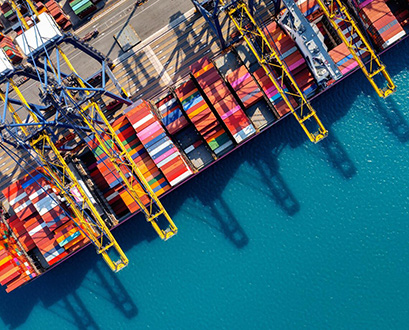


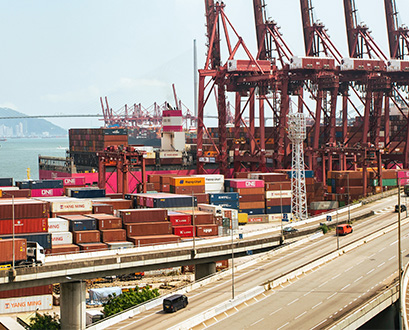


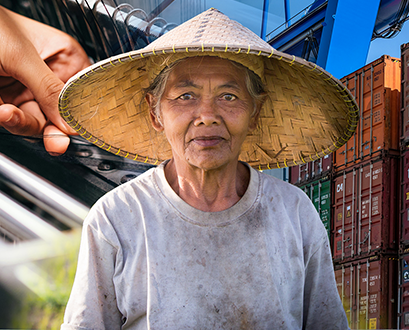

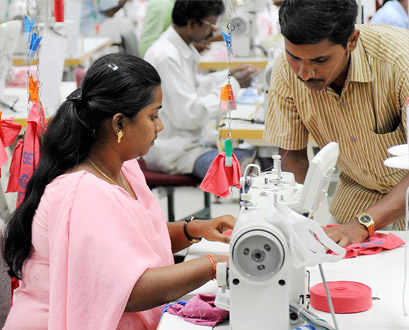

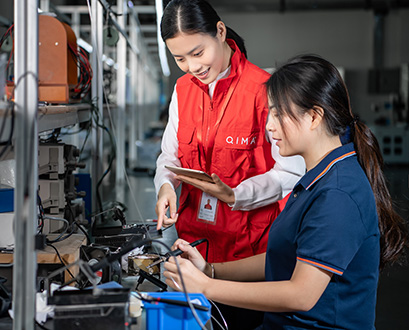
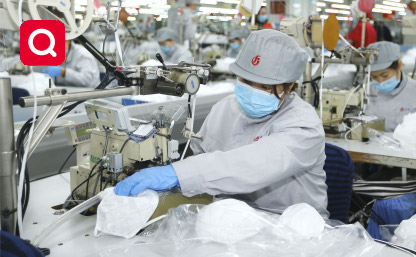
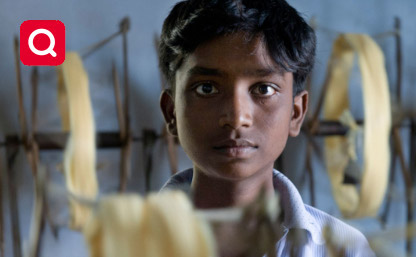
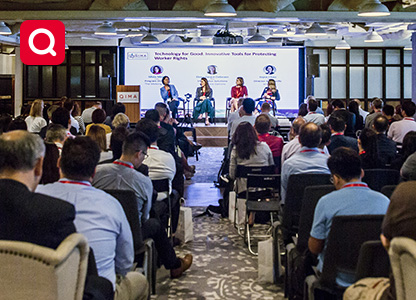
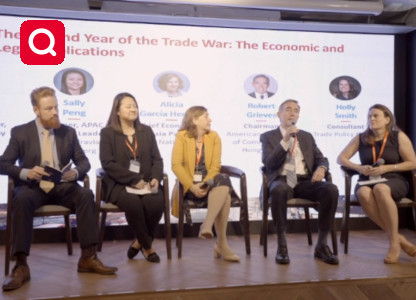
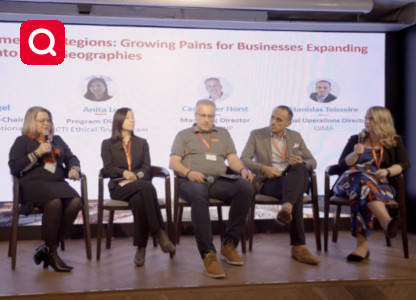
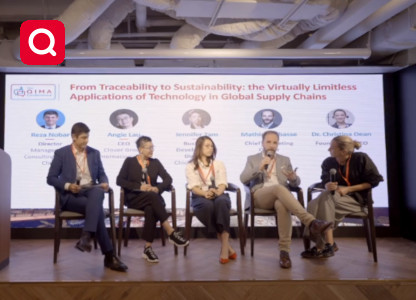
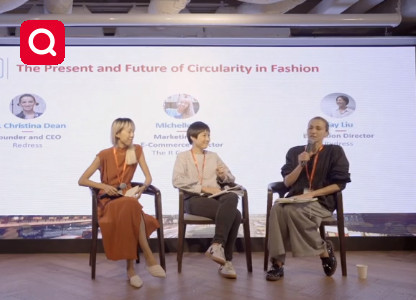
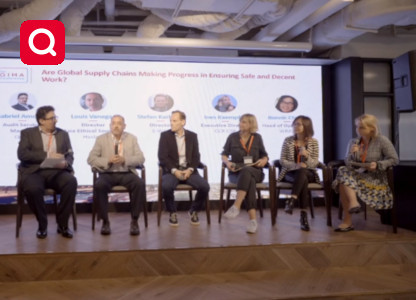
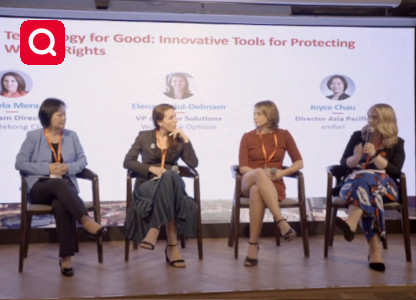
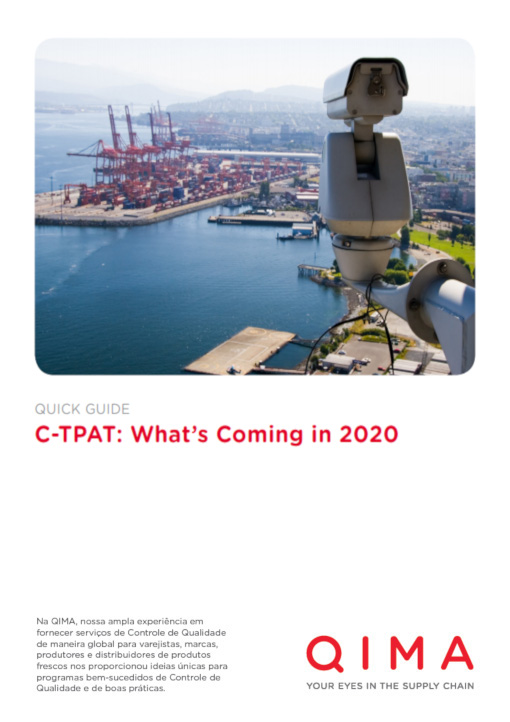
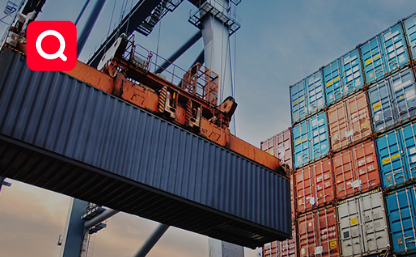
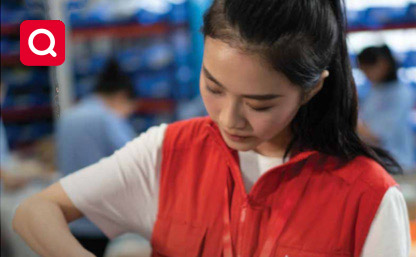
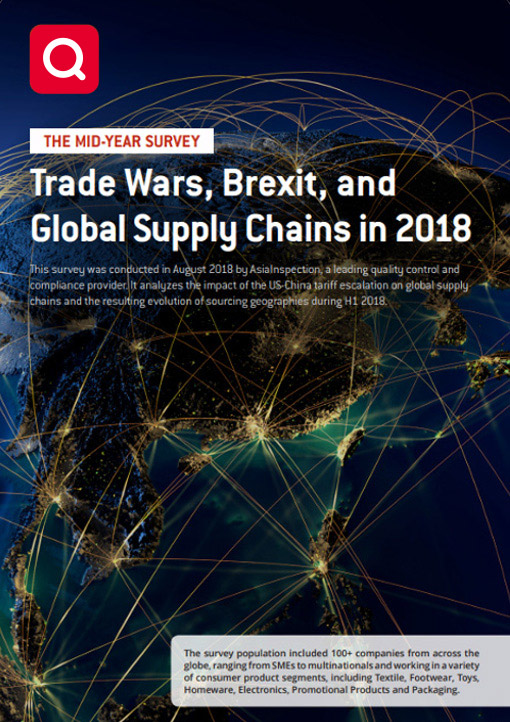
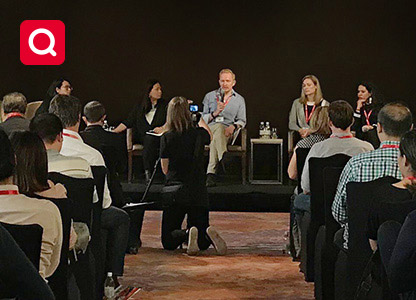
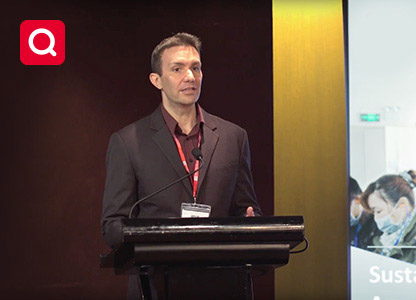
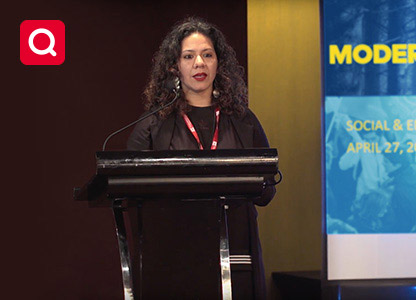

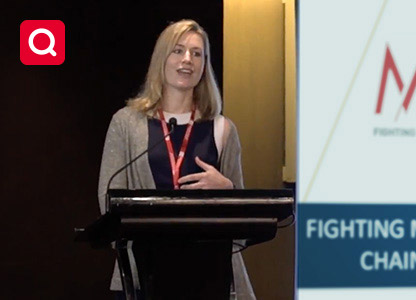

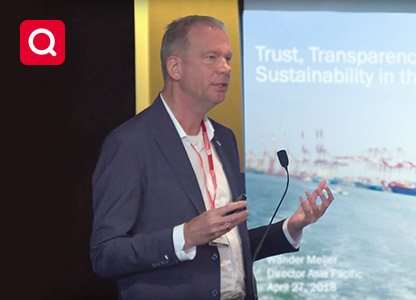
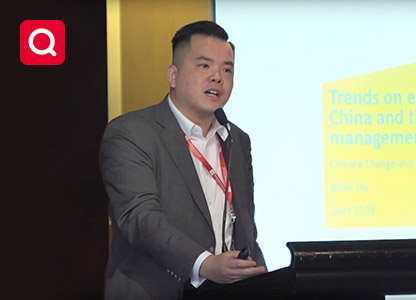
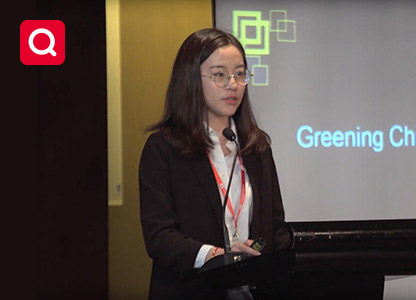
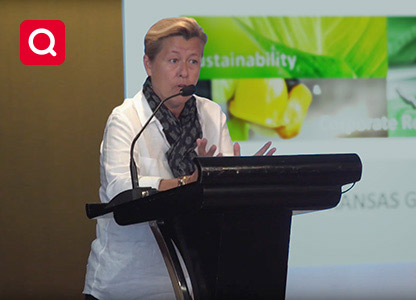
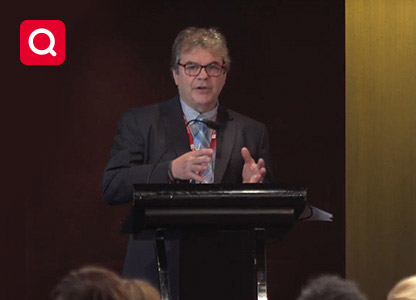
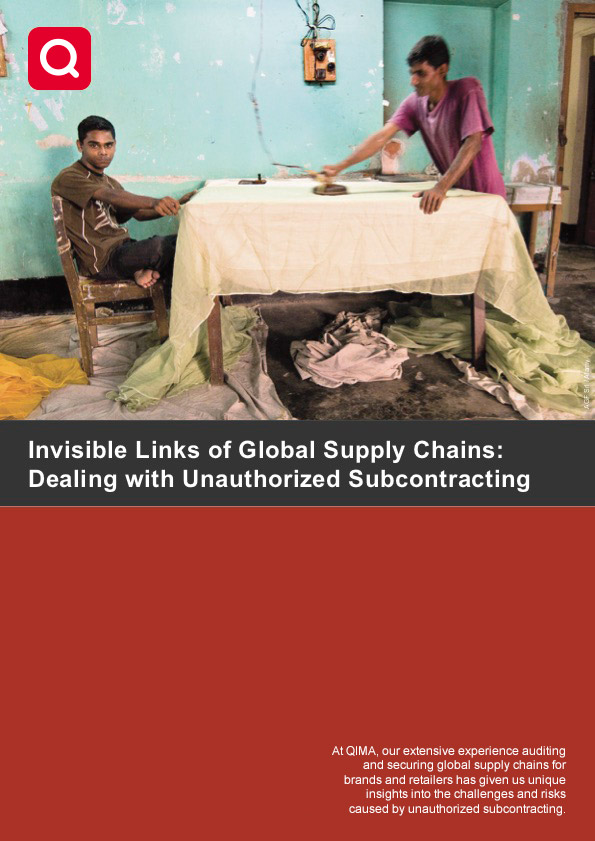
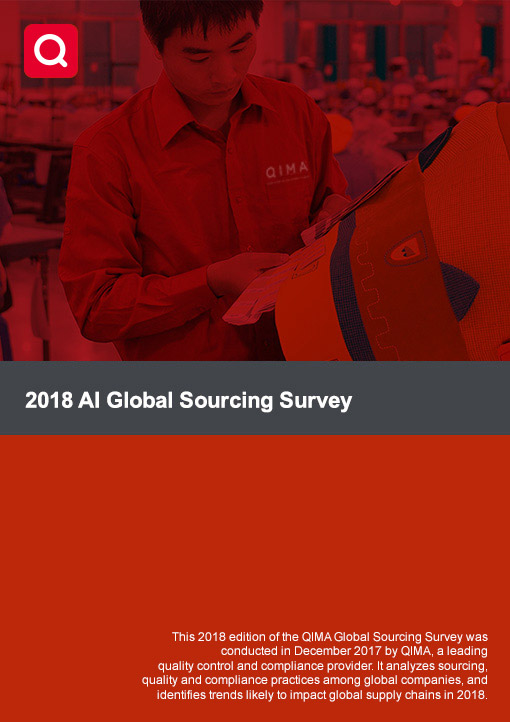
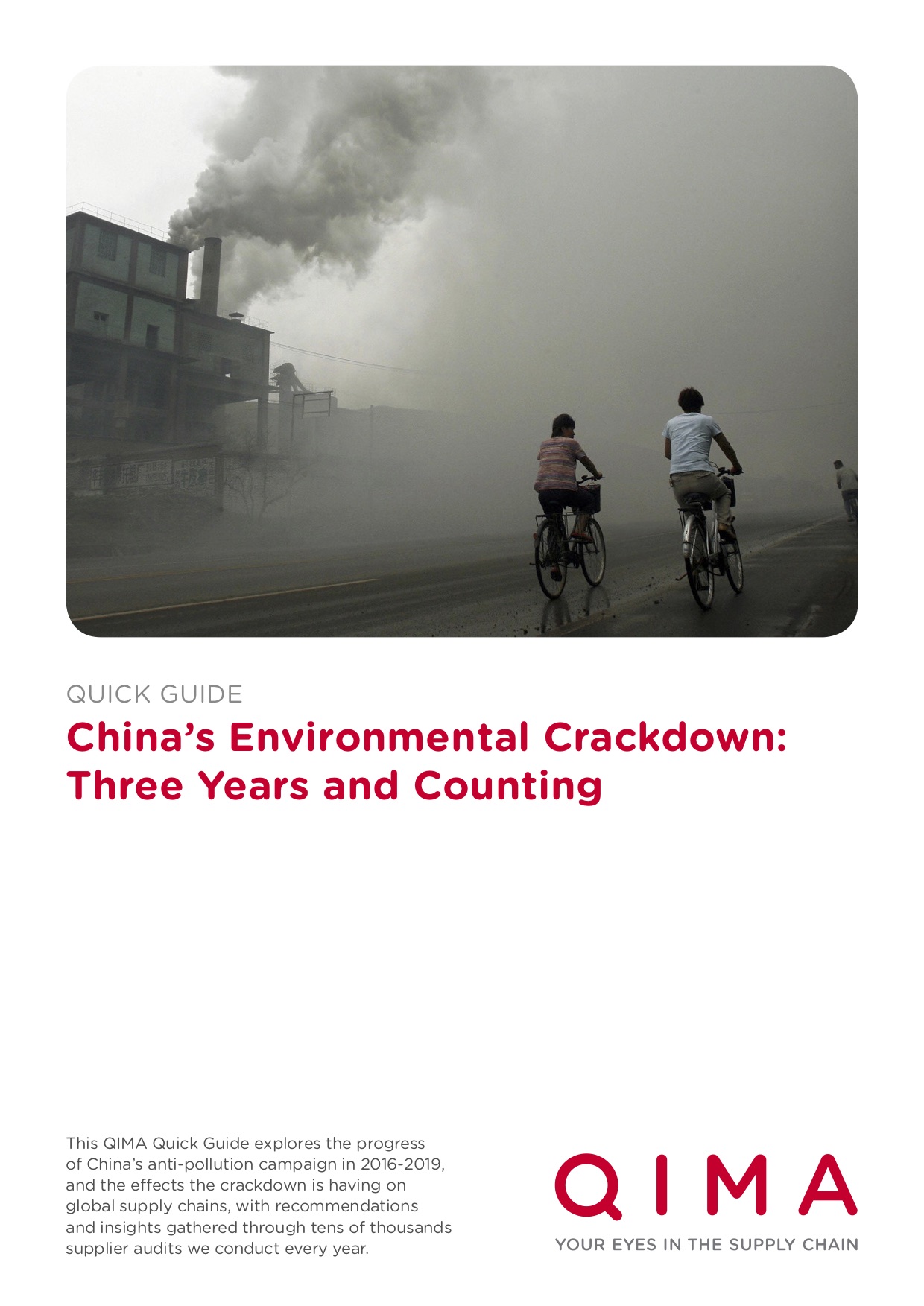
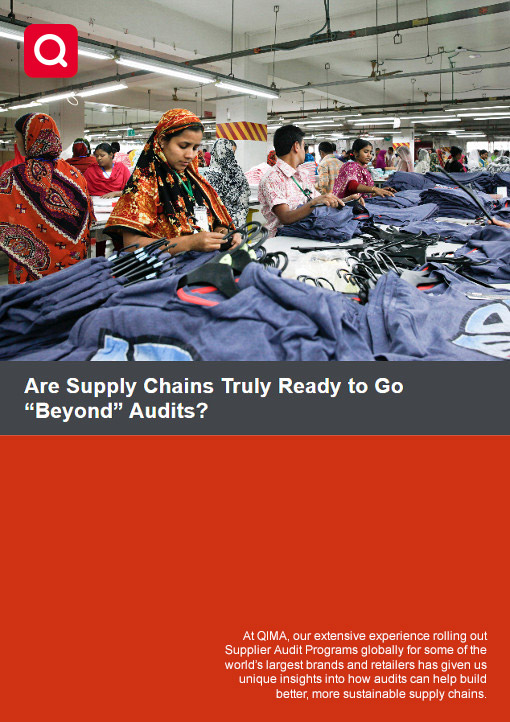
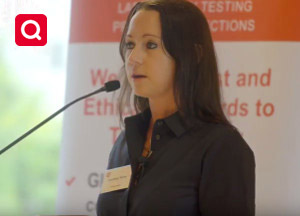
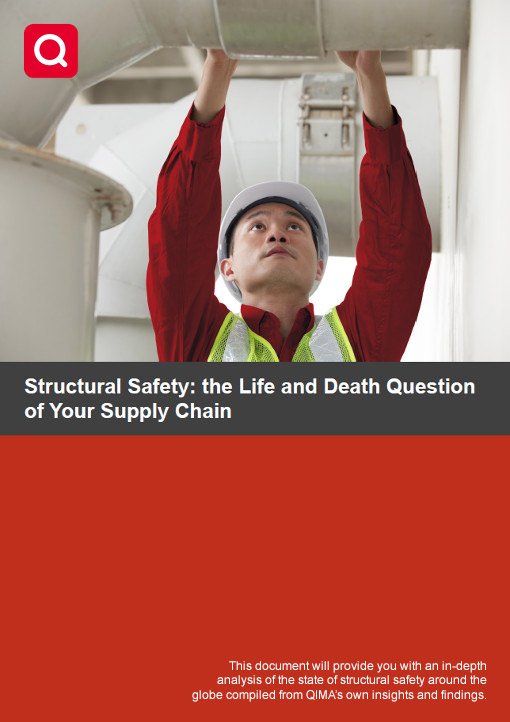
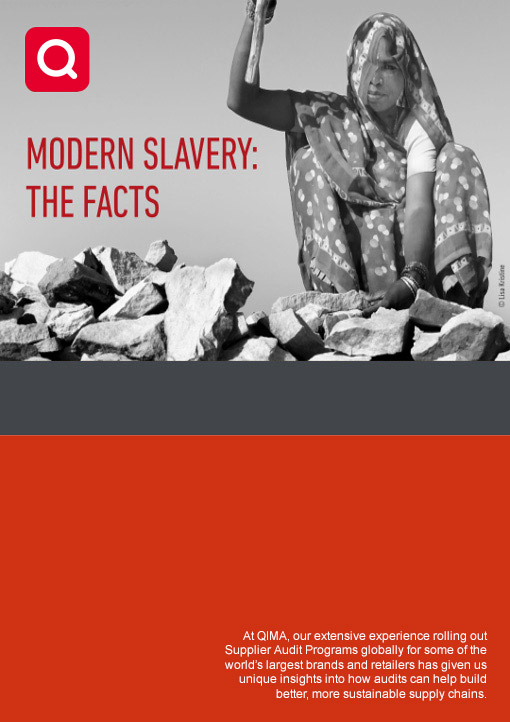
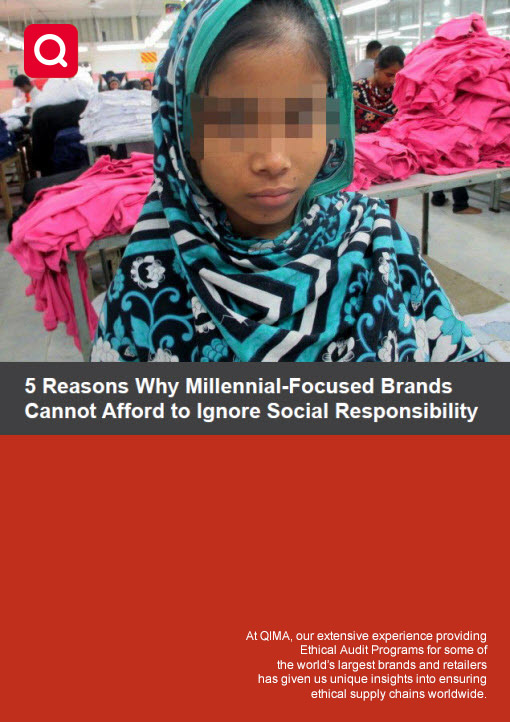
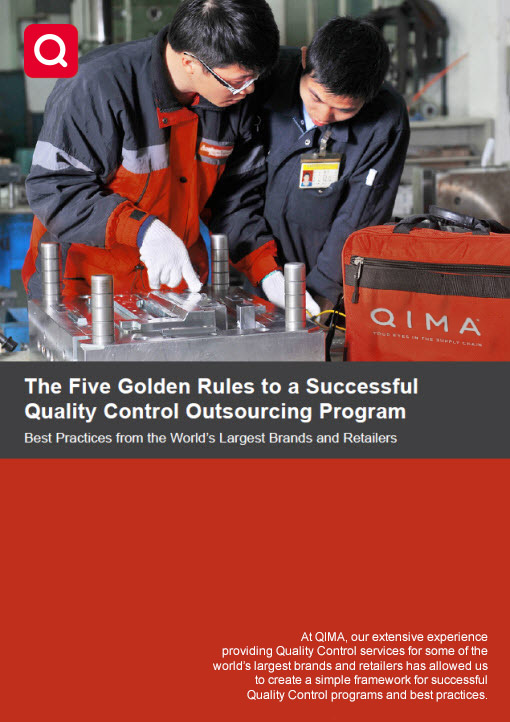
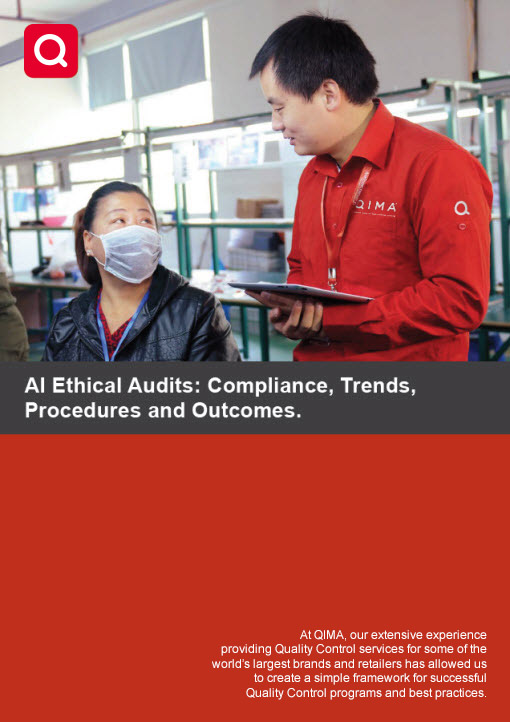
More Resources
Вам нужна более подробная информация?
Thank you - your inquiry has been sent.
We will come back to you shortly.
Back
Pricing
Need a quote for product inspections, supplier audits, laboratory testing or certification services?
Get StartedГлобальная сеть, концентрация знаний
Благодаря наличию более 2,500 обученных квалифицированных инспекторов мы сможем быть на любой фабрике Азии в течение 48 часов. Мы следуем жестким стандартам найма, принимая на работу только выпускников ВУЗов с опытом работы в индустрии контроля качества не менее пяти лет. Каждый инспектор является специалистом в той области, в которой он работает, а также профессионалом в местных коммерческих практиках.
Service Coverage Map
- Тестирование на тяжелые металлы
- Соответствие нормам RoHS
- Безопасность потребительских товаров
- Регламент REACH
- Тестирование на фталаты
- Советы по безопасности игрушек
- Тестирование ASTM F963 на безопасность игрушек
- Соответствие нормам Законодательной инициативы 65 штата Калифорния
- Программа тестирования для членов QCA
- QIMA Decision Rule
- Lab Testing Complaint Handling
| Этот сайт защищен законами об авторском праве и товарных знаках в соответствии с американским и международным законодательствами. |
| QIMA © 2024 |
|
ClientID:; Client:; Affiliate:;
|
 Смотреть демо-ролик
Смотреть демо-ролик
